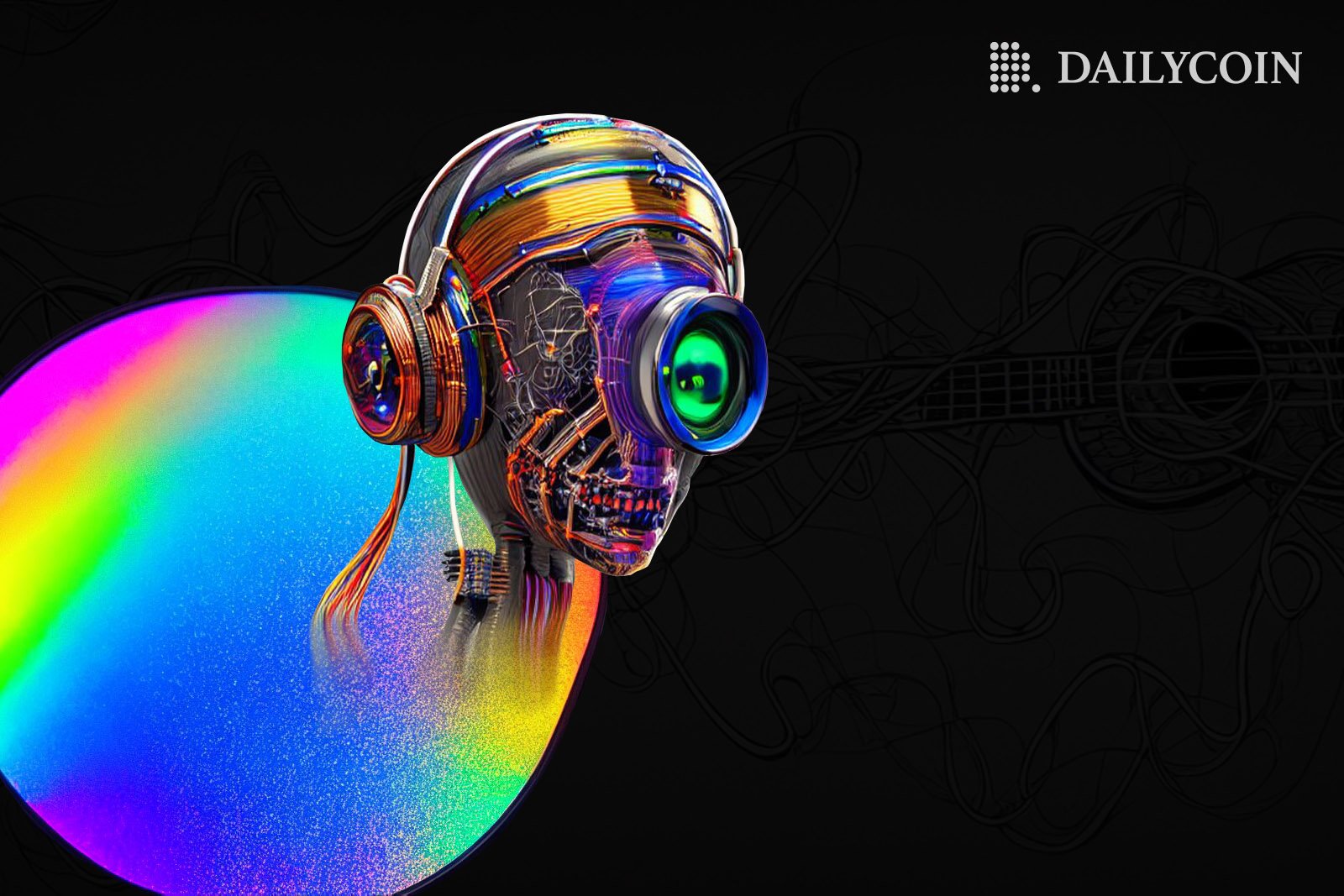
The democratization of artificial intelligence computing and development is a noble goal that will put one of the world’s most promising and transformative new technologies into the hands of everyone. It will enable everyone, even those who lack any technical expertise, to explore the benefits and opportunities offered by AI.
Enterprises are especially keen to democratize AI. They’re looking for ways to extend the benefits of the technology across their entire business so every worker can enjoy increased productivity and become more useful by focusing on specialized work. One of the keys to AI democratization is the advent of new, low-code and no-code tools, which make it relatively simple for non-skilled workers to build and deploy software infused with AI capabilities. There are other important aspects too, such as sharing vetted data and increasing data literacy, so that every individual understands the key role it plays in building accurate and reliable AI systems. Making sure that everyone can access the computing resources needed to power AI is another essential component.
When we talk about democratizing AI, we don’t mean teaching everyone how to write machine learning algorithms and understand their complex inner workings. Rather, it means making sure that people from all walks of life and backgrounds can appreciate the power and potential of AI, so they can develop the right applications and use cases, and apply the results they deliver to achieve their business goals.
Sponsored
Democratizing AI is an achievable goal, thanks to the availability of open-source AI models, decentralized governance systems and AI-focused software and services. However, it will be a slow process, like any new endeavor.
What Will AI Democratization Do?
Low-code and no-code software tools are spearheading the drive towards mainstream adoption. They simplify the process of developing new AI models and algorithms, and make it radically easier for anyone to fine-tune them for very specific applications.
Such tools can be put to use by workers without any extensive knowledge or training in AI. They empower so-called “citizen developers” to create machine learning-powered applications with minimal assistance, relieving the burden on overworked and hard-to-come-by data scientists and AI professionals.
Sponsored
Some of the key beneficiaries of this drive will be the smaller companies that struggle to hire the required experts to implement AI systems. With low- and no-code tools, they’ll be able to pick and choose from the hundreds of existing, open-source foundational models available and customize them to perform very specific business functions. Meanwhile, larger enterprises will be able to free up their AI experts to work on more complex projects.
Making AI More Accessible
Before we even talk about low-code and no-code platforms, the very first step to making AI more mainstream is to ensure everyone can access the required data that sits at the heart of the most advanced models. Luckily, progress is already being made in this direction with open-source platforms like Kaggle, which hosts a wide variety of datasets that can be accessed by anyone at no cost. For AI algorithms, there are thousands of open-source ones available on GitHub and other popular software repositories, such as GitLab.
These resources don’t necessarily need to be free, but they should be made available at a reasonable cost. Users shouldn’t be compelled to pay thousands of dollars to access the required datasets and algorithms they need to get started building AI applications.
With the data and algorithms available, the next step is to ensure abstraction to make them accessible. This is because the vast majority of people do not possess coding skills, knowledge of SQL queries or the ability to run commands on a terminal to access data, and they likely never will. Nor should such skills ever be necessary. Because AI democratization is about empowering everyone, the process of accessing the information it is built on must be made easy, too.
Lots of progress has been made in this area too, with solutions such as Obviously AI allowing anyone to make data-based predictions without coding skills, and Clarifai providing a way for users to transform unstructured data into useful insights anyone can act on.
A third key component of AI democratization is the availability of no-code programming tools that make it easy for anyone to design and build applications using a simple, drag-and-drop interface. These citizen developer-friendly tools can be used to create models that predict churn rates, recognize objects, optimize workflows and business processes, recommend products and more.
By providing basic templates for common AI applications, a platform like MakeML paves the way for workers to create their object detection and segmentation models using publicly available datasets that have been pre-prepared for such tasks. Another strong example is Microsoft’s AI Builder, which can be used by workers to effortlessly create machine learning models that process text, gauge customer sentiment and forecast business outcomes. Viso.ai is another popular tool that can be used to quickly spin up computer vision applications.
Users must also possess the ability to control different parts of the underlying IT infrastructure that supports their AI models. In order for AI to become efficient, users need to be able to control what they execute, when and where they run it, and implement the results of their experiments. In this area, Google Colab is proving its worth. It’s an online Jupyter notebook that can be used to train prebuilt AI models directly on a laptop or workstation. It provides support for hardware such as graphics processing units and dynamic random-access memory for training AI models, especially neural networks that replicate how the human brain makes decisions.
A similar service is offered through Microsoft Azure’s OpenAI Service, which provides access to the full range of models created by ChatGPT creator OpenAI. It provides strong support for enterprise collaboration, enabling large groups of employees to work together, writing and sharing code that can be used for multiple AI applications.
The Challenges Of Democratized AI
One of the major challenges posed by the democratization of AI is the need for education. Companies need to train their staff and ensure they have a sufficient understanding of what AI really is and how it can be applied to everyday tasks to increase productivity and enable automation.
There are also significant risks posed by the ownership, control and privacy of the data that’s used to create AI models. When AI models are built outside of the control of teams tasked with ensuring the integrity of data, this is known as “shadow AI”, and it has become a major concern for organizations. As such, companies need to educate their employees about the risks such practices pose and ensure that all AI projects and systems are grounded on data that is kept secure, monitored and well-understood.
In other words, the democratization of AI requires the implementation of governance structures and validation metrics, so users can ensure the accuracy and explainability of the results produced by their models. People must be able to detect signs of bias in AI models and either resolve these issues or drop them completely. Moreover, those models that generate results which are not easy to explain in a deterministic way should also be sidelined.
A third challenge that’s currently standing in the way of mainstream adoption of AI is the scarcity of the computing power that’s required to train and operate models. Because AI systems are so powerful, they require access to a coordinated network of GPUs that can work in synergy with one another. But these GPU compute resources are in high demand, as they’re absolutely essential for the most advanced kinds of AI models. As a result of this demand, GPUs have become scarce and expensive, with teams often having to wait for weeks to access cloud-based resources from traditional providers like Amazon Web Services and Microsoft Azure. The scarcity of GPUs also results in limited choice regarding the type, location, latency and security of these resources.
In an effort to make GPU resources more readily available, io.net Cloud is building a decentralized computing network that provides companies with access to distributed GPU clusters at lower costs than traditional services.
io.net is looking to solve this problem by tapping into the underutilized GPU resources that exist within independent data centers, and those used by crypto mining farms and decentralized storage providers such as Filecoin. It combines these resources into a Decentralized Physical Infrastructure Network, called DePIN, and can provide AI developers with customizable access to the compute resources they need in a way that’s both affordable and easy to implement. At present, io.net’s offering supports four basic functions for AI, including batch inference and model service, parallel training, parallel hyperparameter tuning and reinforcement learning.
What Will Democratization Of AI Achieve?
The democratization of AI heralds a lot of promise, with one of the most significant being that it will enable millions of non-skilled people to develop AI applications for themselves. At the same time, it will enable subject matter experts in multiple domains to better leverage AI for very specific challenges. For instance, pharmaceutical companies will be able to develop models for new drug discovery without relying on someone else to create them first.
Moving forward, AI can become exponentially more accessible as the key enablers evolve. The low-code and no-code software that allows anyone to get started in designing AI systems will become more powerful and intuitive over time, while the integration of emerging technologies such as edge and quantum computing will expand the possible applications of this technology. Moreover, the growth of decentralized networks is emerging as a promising solution to GPU scarcity.
The shift towards democratized AI is rapidly accelerating and will lead to the creation of a more inclusive and equitable society, where every organization can leverage AI to tackle the most pressing challenges they face.
